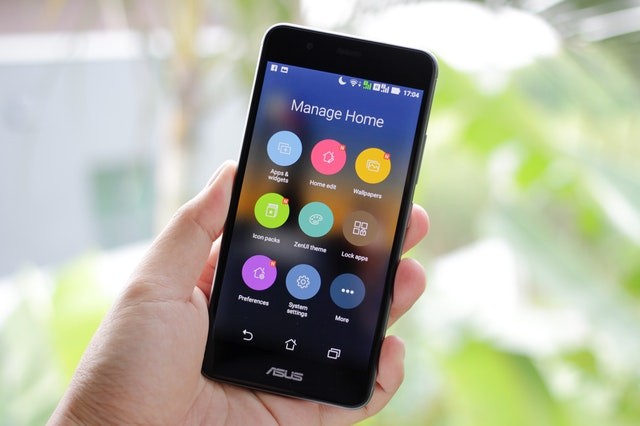Smart home technology has offered added convenience to many users, but when those devices require activating a smartphone for all interactions, they can still be a challenge for some disabled users. Now, however, integration with personal assistant technology such as Amazon’s Alexa, Microsoft’s Cortana, and Apple’s new HomePod could enhance smart home device value for all users.

Making Home Accessible With Personal Assistant Technology – Image Source: Pexels.com
Get With The Programs
There are so many different smart home tools, and a diversity of personal assistants, so users need to consider how they fit together in purchasing tools for accessibility purposes. For example, Vivint’s smart home tools are compatible with the Amazon Alexa system, but they don’t yet seem to fit with other personal assistant tools. Because of brand exclusivity, making the right device matches is vital. Similarly, Apple tends to cordon off their technology – considering they have a complete home technology suite of their own, it’s unlikely they’ll work to pair it with other brand’s tools.
Consider Your Goals
Depending on the particular limitations of an individual’s disability as well as the layout of the home, users are likely to have different goals in integrating smart home tools with a personal assistant.
Consider programmable thermostat systems: these tools are among the most popular, widely adopted pieces of smart home technology on the market right now because they can help property owners save energy and lower their bills. If this is a major concern for an individual, say because the thermostat system was installed too high up on the wall to be reached from a wheelchair, it’s especially important to choose a personal assistant tool that integrates with the thermostat.
Light It Up
Proper lighting is an issue of safety for all individuals, but it can be of particular concern for those with mobility limitations or low vision. For this reason, integrating smart lighting with your personal assistant should be a top priority, since other popular, affordable options like Switchmate require starting up an app (and also take extensive installation).
New options like Apple’s HomePod, which integrates with the older HomeKit, will allow users to not only remotely manage lighting but also window shades, thermostats, locks, and other home features.
Think Comprehensively
As noted above, the Apple HomeKit offers a comprehensive approach to voice-controlled home accessibility. Whether you want to open the shades or turn on an electric kettle, your wish is its command.
Google Home’s system also offers a complete package, responsive to voice commands. The system allows you to customize individual room settings, integrates with the popular Nest thermostat system, and can control Chromecast, Netflix, and Spotify. The system even links to Google Drive to take notes and will add to your calendar. This could level the playing field in terms of independent living in remarkable ways.
Expect more technology to integrate with personal assistant technology as more users speak their preferences, and as device creators open up their technology. As of right now, Amazon is in the process of opening up their Echo software to designers, first by invitation only and likely soon as an open offer. Amazon won’t be charging users and this ability to add Echo could give Amazon a leg up in the larger marketplace. The more a personal assistant can do, the more people will invest in it.
We’re still in the first act in personal assistant technology, but at present, it seems that Apple, with the complete HomeKit, as well as Google Home, has the advantage in terms of taking over the accessibility tech game.
Everyone wants to manage their home more efficiently, but for those with disabilities, it can be a matter of independence and autonomy. Accessibility may be the new gold standard in tech.
